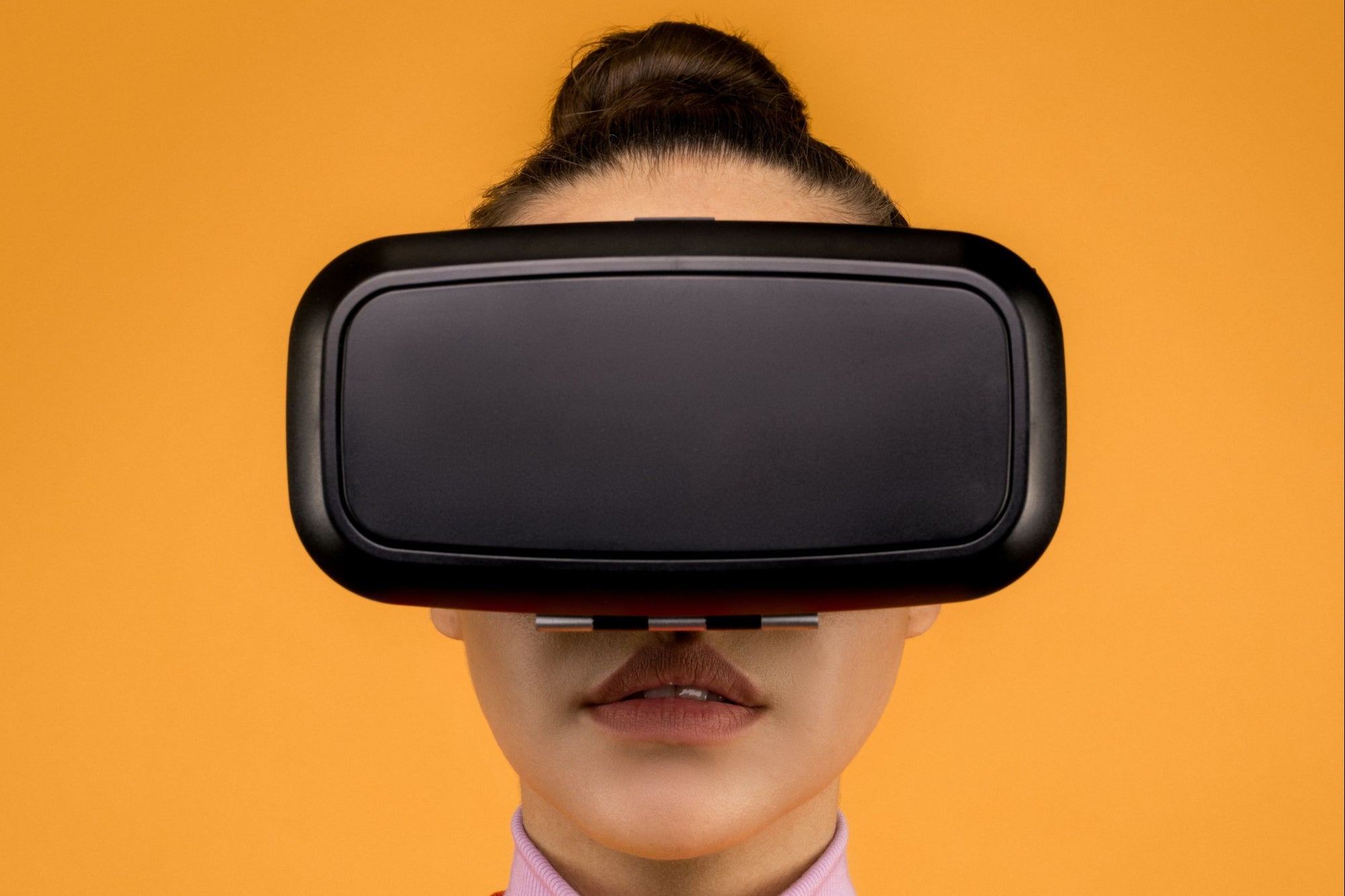AR/VR in the Post Covid Era: Trends That Will Change the Business Ecosystem As the pandemic rages on, more and more brands seem to be taking a page out of this playbook with the help of AR tools and social media platforms
Opinions expressed by Entrepreneur contributors are their own.
You're reading Entrepreneur India, an international franchise of Entrepreneur Media.

It can be reasonably predicted that be it our daily lives or businesses across domains, nothing will be the same again. For businesses to surmount and tide over the raging Covid-19 pandemic and come out relatively unscathed, the change will have to be embraced. In E-commerce alone, the pandemic has sparked unprecedented behavioural changes already. In Europe, a survey by a leading media group revealed that 13% had considered online retailers for the first time in April while in Italy, e-commerce transactions had risen by 81% in March.
After a major slump in businesses and extended lockdowns across the globe, economies are slowly taking their first step towards returning to work and an integral part of that process would be going "contactless", as much as is possible and viable. It is here that, Deep-Tech solutions like Augmented Reality and Virtual Reality (AR/VR) will potentially boom as the most effective and convenient bridge.
Hopefully, the situation will get better in the coming weeks, but businesses are sure to be ever more cognizant of health risks. Therefore, the behavioural changes that the pandemic has catalysed is sure to outlast the virus itself. People will flock to stores once they reopen but with more and more AR-VR enabled tools and services, they will not only have a viable alternative but will also use them to reduce store-time drastically.
It certainly is not new technology and Consumer brands were first off the blocks to adopt AR/VR even as far as five years back. As the pandemic rages on, more and more brands seem to be taking a page out of this playbook with the help of AR tools and social media platforms.
In-fact, all leading social media platforms now offer all kinds of AR-filters for brands to engage their audience and provide an immersive experience. Sephora for example is now using custom filters to enable customers to try on different shades of lipstick by simply swiping through.
Augmented Reality systems are not mere science fiction anymore. They are developed technologies that are as reliable as the computer or smartphone you are reading this from, if not more. What had been lacking prior to COVID was an impetus to adopt such technology. That lack of impetus has now transitioned to imperative very quickly.
Experiential shopping is a new reality. People can shop for furniture at home for example, by simply browsing through a virtual catalogue and superimposing the chosen product to their desired location in real-time. All without having to step a foot outside.
On the corporate side, meetings and conferences have anyway started happening online and it is only a matter of time that all major organizations will shift to VR meetings and seminars. We are already seeing major blue-chips in India adopt and operationalize VR platforms that replicate real-life corporate scenarios with or without expensive VR-headsets, thereby enhancing much-needed access.
Deep-tech solutions have been the foundation for virtual interactivity, and social distancing has further boosted this phenomenon. In education, millions of students now have an alternative to keep going through virtual classrooms and to alleviate concerns of teachers and parents alike. AR-VR driven classroom learning is more than just an alternative today.
Bearing the brunt of the outbreak are frontline medical professionals. The International Council of Nurses (ICN) claimed last month that over 90,000 healthcare workers have tested positive since the outbreak. Augmented Reality powered diagnostics significantly reduce the chances of contracting a virus from patients, thus enabling the now much sought after "social distancing" in the medical fraternity.
One thing is for certain. All the way from the factory to the floor, it has now gotten considerably easier than before to imagine businesses incorporate a "contactless" model in the long run.
Taking note of citizen preferences, brands and companies have also taken to virtual events in a big way. Event agencies have their hands-full conducting such events including product launches, awareness campaigns, conferences, meetings and so much more. So there is, by and large, no part of the business that AR/VR has touched.
If current trends are anything to go by and as businesses realize the long term impact of AR/VR on profit and health, it is sure to become the next big rage after smartphones hit the world.












